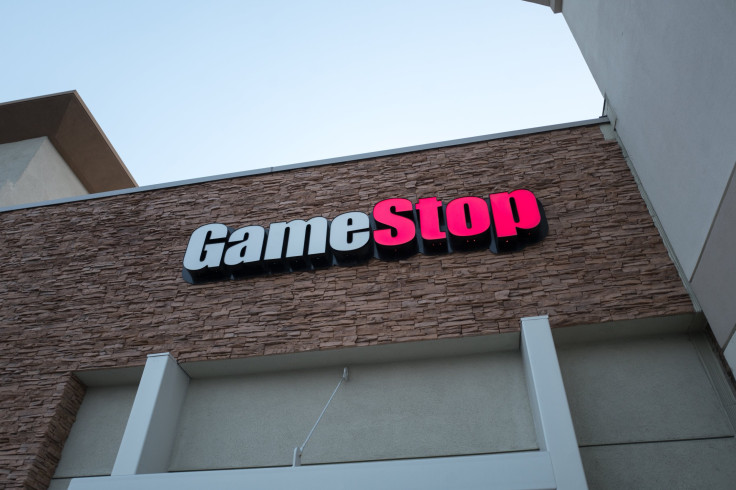GameStop Testing New Experimental Stores In Oklahoma Pushing Experiences Over Retail

KEY POINTS
- GameStop began testing "experiential" storefronts in Tulsa, Oklahoma, to address its downturn in business
- Stores will offer more "experiences" that keep customers in the store instead of a general retail space
- GameStop posted a loss around $500 million in 2019 and made 120 corporate layoffs
Video game retailer GameStop began testing four experimental stores in Tulsa, Oklahoma, on Thursday to save the company after reporting heavy losses and layoffs in 2019.
GameStop’s experimental stores look to shift the focus from a retail only space to four “experiential” concepts: GameStop 2.0, GameStop Social, GameStop Retro and GameStop Pop!.
“Do people want to hang out in GameStop? That’s the experiment,” GameStop Chief Customer Officer Frank Hamlin told IGN. “As digitization expands, as the technology of streaming … and the ability to interact socially from the comfort of your own home expands, the fundamental question of this is: Do people want the same notion that they’re doing virtually in real life? And so far the answer, I would say, is yes, they do want that.”
GameStop 2.0 is described as a “foundational” concept that creates a more social atmosphere in the store while maintaining its retailer roots. It will feature a cleaner shopping space paired with social experiences. These include a new hands-on accessory wall, a “couch co-op” space, bays to play games on various consoles and a tabletop gaming area.
As the name implies, GameStop Social leans more into a social space, designed to house parties and watch-alongs for esports with several couch co-op and gaming stations.
GameStop Retro is based on GameStop’s foundation as a re-seller, with hundreds of classic games and consoles available. It will also feature four CRT televisions for play on older consoles.
GameStop Pop! will cater to “hardcore collectors” looking for new toys, clothes and other items based on various gaming properties. It serves as an offshoot of GameStop’s short-lived ThinkGeek storefronts that opened in 2016 and 2017.
When asked if this latest move was considered “too little, too late,” Hamlin said he didn’t think it was, and the company was thinking long-term.
“I don’t think we’re too late, necessarily,” Hamlin said. “I do very much believe in the Chinese proverb that the best time to plant a tree was 20 years ago. But the second-best time is now. … We just got to figure out the role of the future in a very digitized category for the specialty retailer. And Tulsa may or may not be the answer but it’s a first experiment.”
These new spaces are the latest attempt by GameStop to turn its business around after suffering a significant downturn in recent years as digital storefronts have grown.
Management announced in 2017 plans to close around 150 locations in response to declining sales worldwide. This was followed in 2018 with a reported loss of more than $480 million in its third financial quarter and a failed attempt to sell the company. GameStop reported another loss around $500 million in 2019 and laid off 120 corporate staff members.
© Copyright IBTimes 2024. All rights reserved.





















